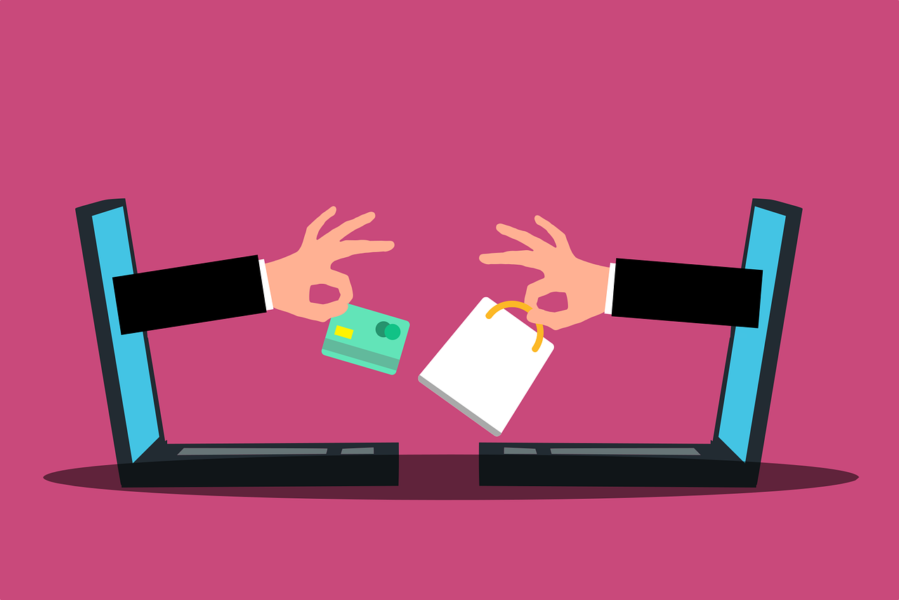There are multiple benefits to using a credit card to make your purchases, especially if you use an EMI (equated monthly installment) scheme. With EMI, you can break down the purchase amount into smaller monthly payments, making your spending more manageable and preventing you from overspending by giving you an increased sense of how much you’re spending each month. But exactly how does credit card EMI work? We’ll explain how credit card EMI works in this article to help you compare credit cards.
What is the Role of an EMI
The interest rate charged on an EMI depends on a few key factors. First, it is generally lower than a cash purchase because you are using your savings to fund part of your purchase. When you use an EMI scheme on a credit card, there are additional charges levied in most cases. They include processing fees and interest charges that vary from bank to bank.
Understanding the Working of an EMI
An Equated Monthly Installment is a type of loan that pays off in equal payments over a specified period. For example, you can pay your purchase in installments instead of paying it all at once if you buy a laptop on credit and opt for an EMI.
Getting Your EMIs Correct
If you’re taking out a loan, getting your EMIs right is crucial. Interest on loans is calculated as a percentage of your outstanding debt. So if you pay off more than your monthly installment amount, interest will be less because there’s a smaller balance to accrue against. To avoid being charged extra interest by your lender, always pay more than what’s due every month.
Choosing the Most Suitable Payment Option
Most new credit card customers opt for an interest-free period to start their relationship with their bank or lender, but opting for a cash-back rewards program or an extended financing option may be even more beneficial in helping you pay off your purchases. An important aspect to look into when taking a loan from any bank is how easy it will be for you to make timely payments. This factor can be analyzed by looking at various factors like your repayment capacity, your track record of paying back previous loans, and how much money you can save monthly to pay back a loan? An important point to note here is that in the case of EMIs, they spread over different months. The most popular ones are bi-monthly (every two months), quarterly (every three months), and monthly.
What Happens if You Miss Making a Payment On Time
If you’re paying in monthly installments and miss a payment, you’ll receive charges for that month and any extra months. The following month, your payments will increase. If you’re paying by quarterly or half-yearly installments, your installment amount will also increase if you miss a payment. If there are more than two defaulted installments on your card account, all future installments will stop until you pay them off. This means that interest rates can increase up to 32%.
According to Lantern by SoFi, “It may take a little more searching, but generally, even if your credit score isn’t good, you can still get a credit card, and possibly even one that offers rewards.” There are many factors at play when getting approved for a credit card. The most important thing is to shop around and find one that works for you.

Ingrid Maldine is a business writer, editor and management consultant with extensive experience writing and consulting for both start-ups and long established companies. She has ten years management and leadership experience gained at BSkyB in London and Viva Travel Guides in Quito, Ecuador, giving her a depth of insight into innovation in international business. With an MBA from the University of Hull and many years of experience running her own business consultancy, Ingrid’s background allows her to connect with a diverse range of clients, including cutting edge technology and web-based start-ups but also multinationals in need of assistance. Ingrid has played a defining role in shaping organizational strategy for a wide range of different organizations, including for-profit, NGOs and charities. Ingrid has also served on the Board of Directors for the South American Explorers Club in Quito, Ecuador.









































